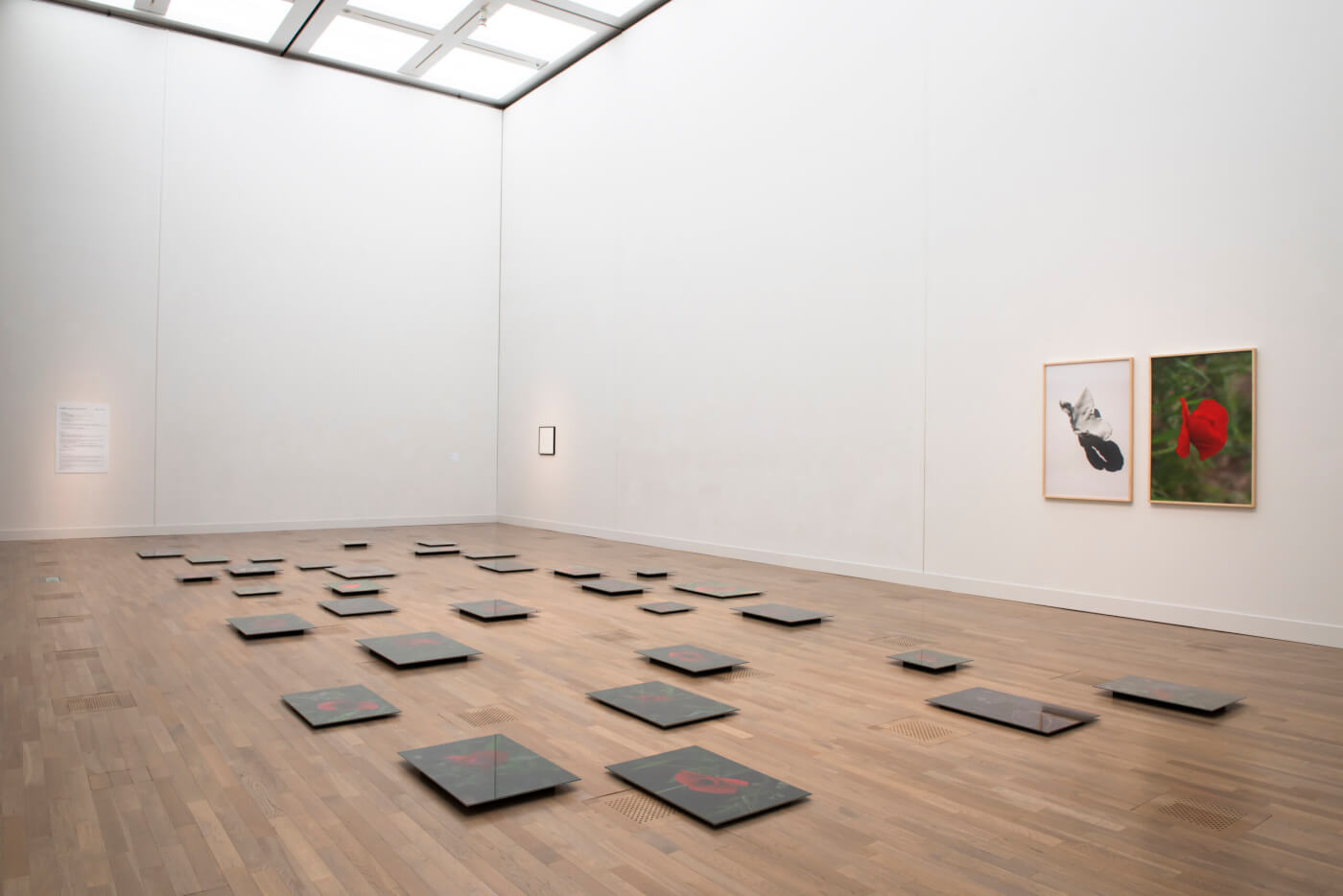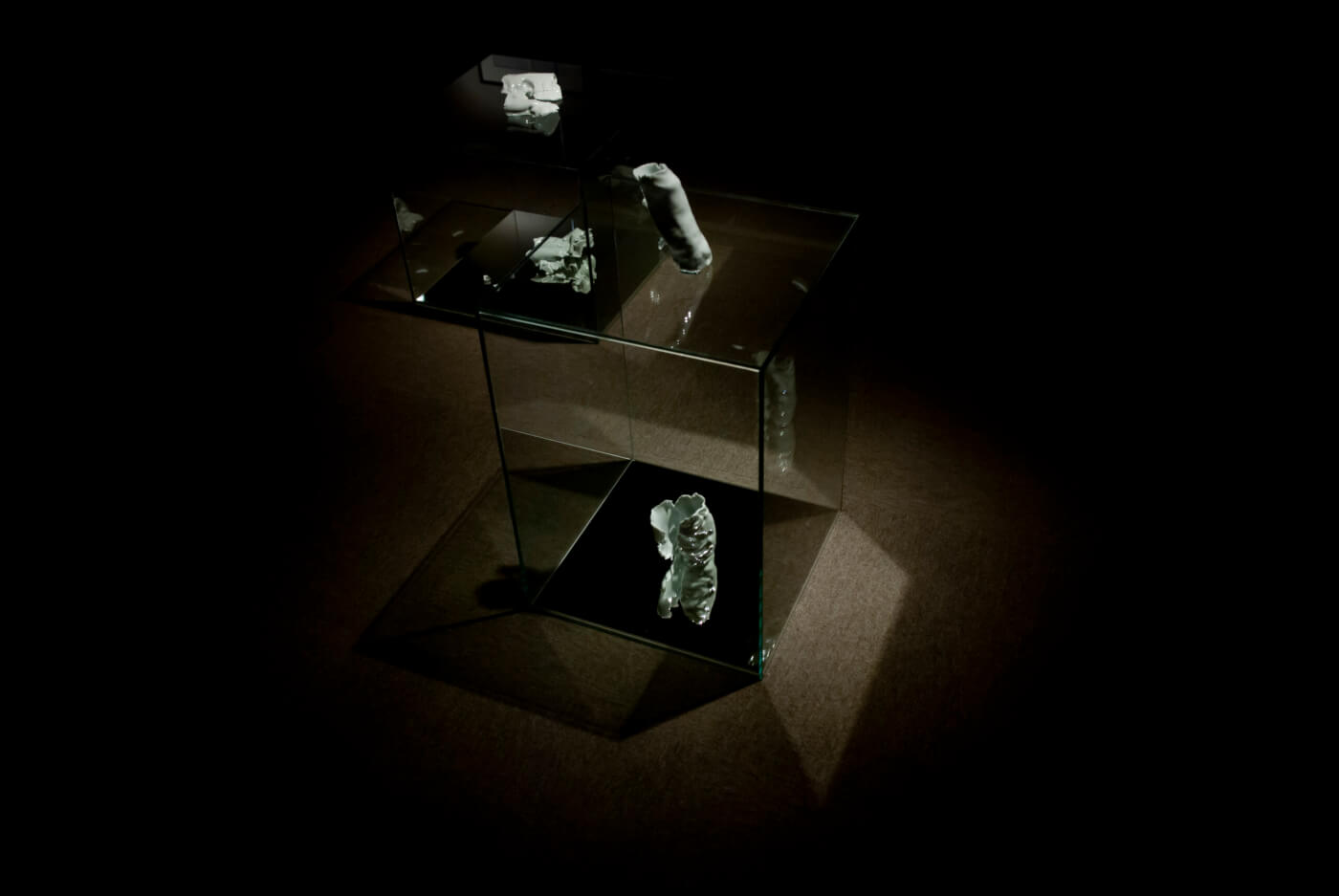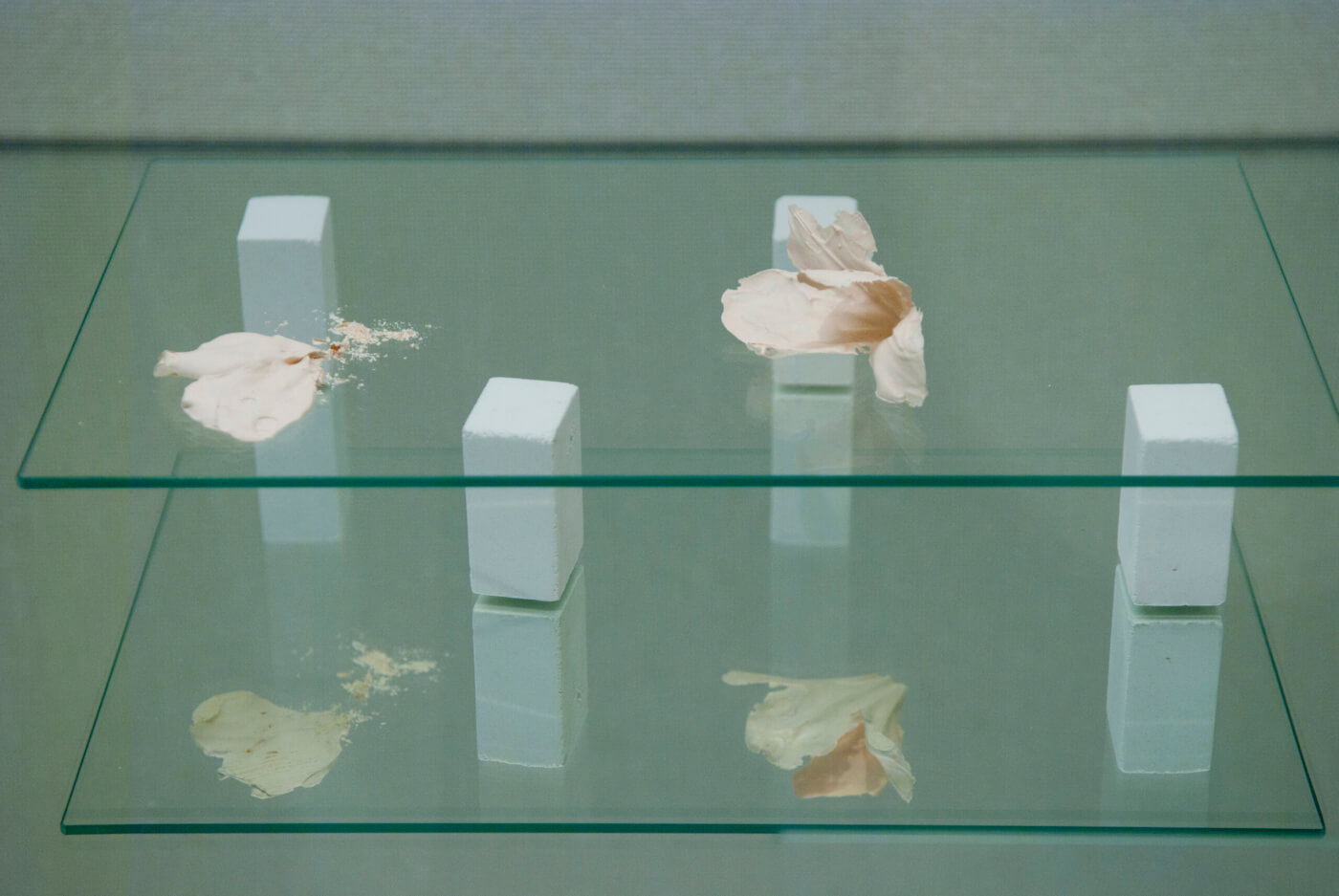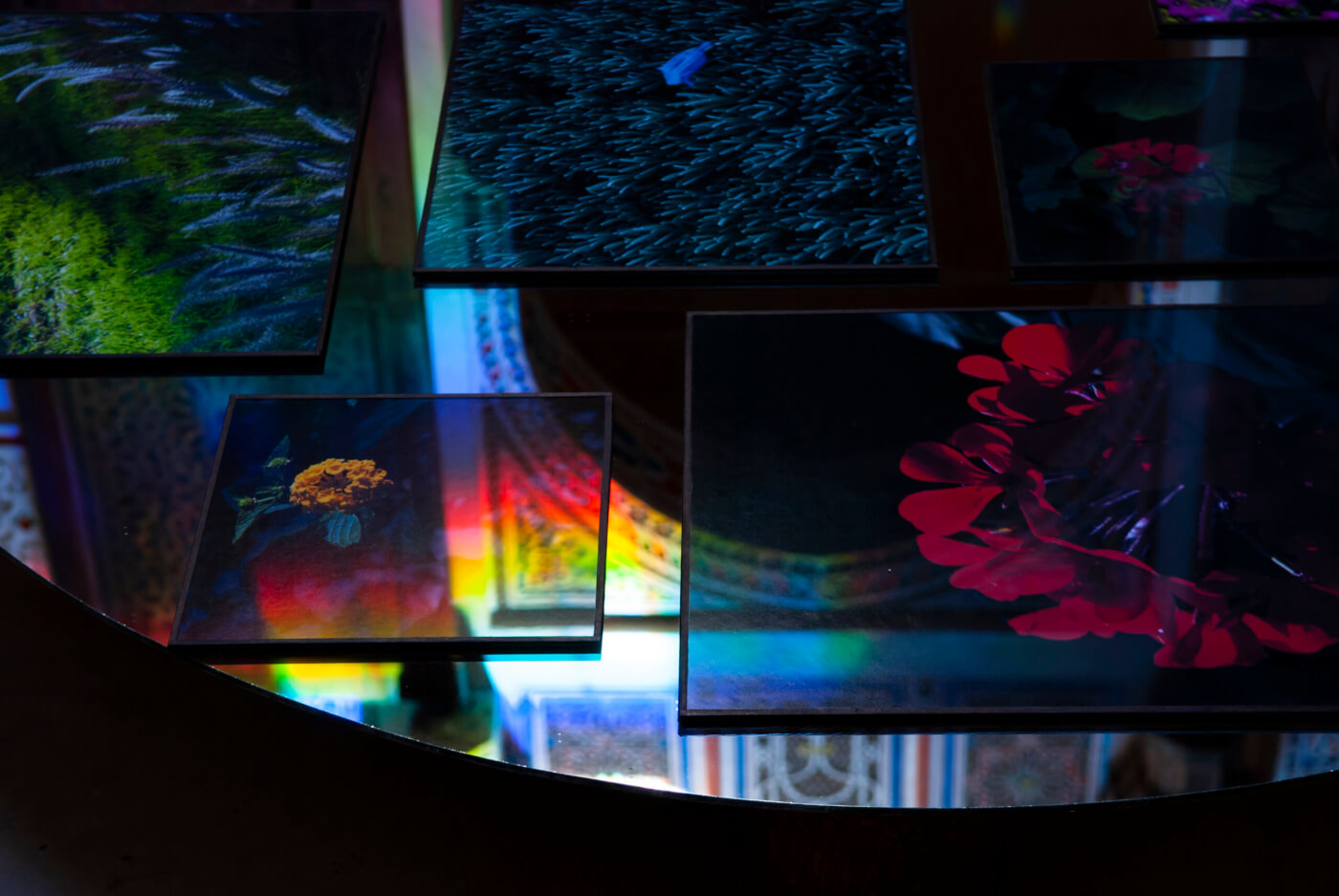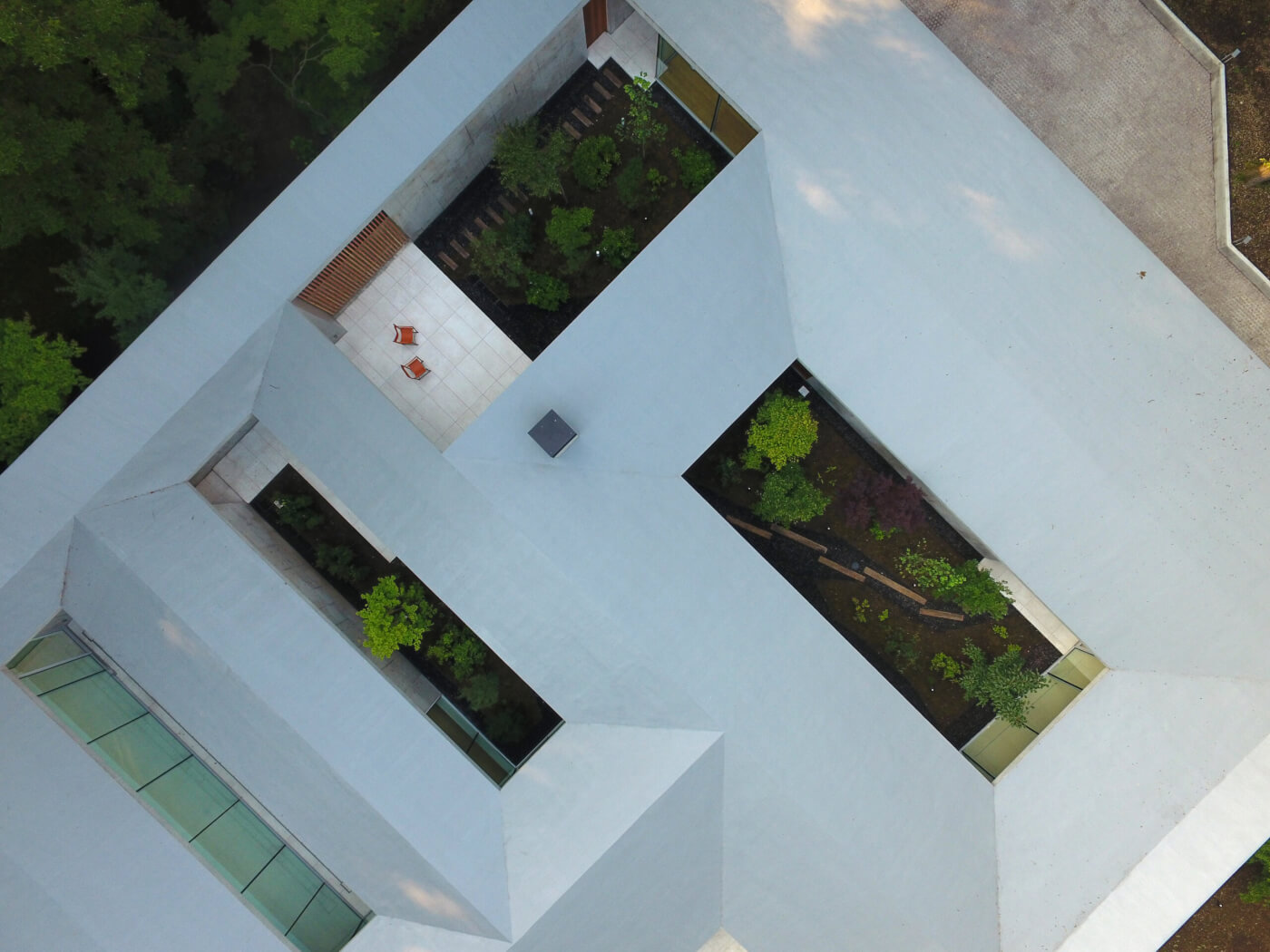Community Project
CHAOS-COSMOS – Grupo de danza de la Casa de Cultura de Río Grande
“The dreams we saw each other are neither mine nor yours. The red room in which we both dream now belongs to you and me, the shared dreams became ours. With our eyes closed, we are always in that room.” The Megumi Matsubara project consisted of a “non visual” encounter with 14 students of the El Venado Telesecundaria School. The goal of the artist was to meet the students in a dream, in a world of imagination where students and the artist met through activities and not physically. Dyed fabrics, mud and free writing, were part of the activities; The result was an exhibition entitled Dreamers Dream Dreams – Red Room a space in which students and Matsubara dream together.
“The dreams we saw each other are neither mine nor yours. The red room in which we both dream now belongs to you and me, the shared dreams became ours. With our eyes closed, we are always in that room.” The Megumi Matsubara project consisted of a “non visual” encounter with 14 students of the El Venado Telesecundaria School. The goal of the artist was to meet the students in a dream, in a world of imagination where students and the artist met through activities and not physically. Dyed fabrics, mud and free writing, were part of the activities; The result was an exhibition entitled Dreamers Dream Dreams – Red Room a space in which students and Matsubara dream together.
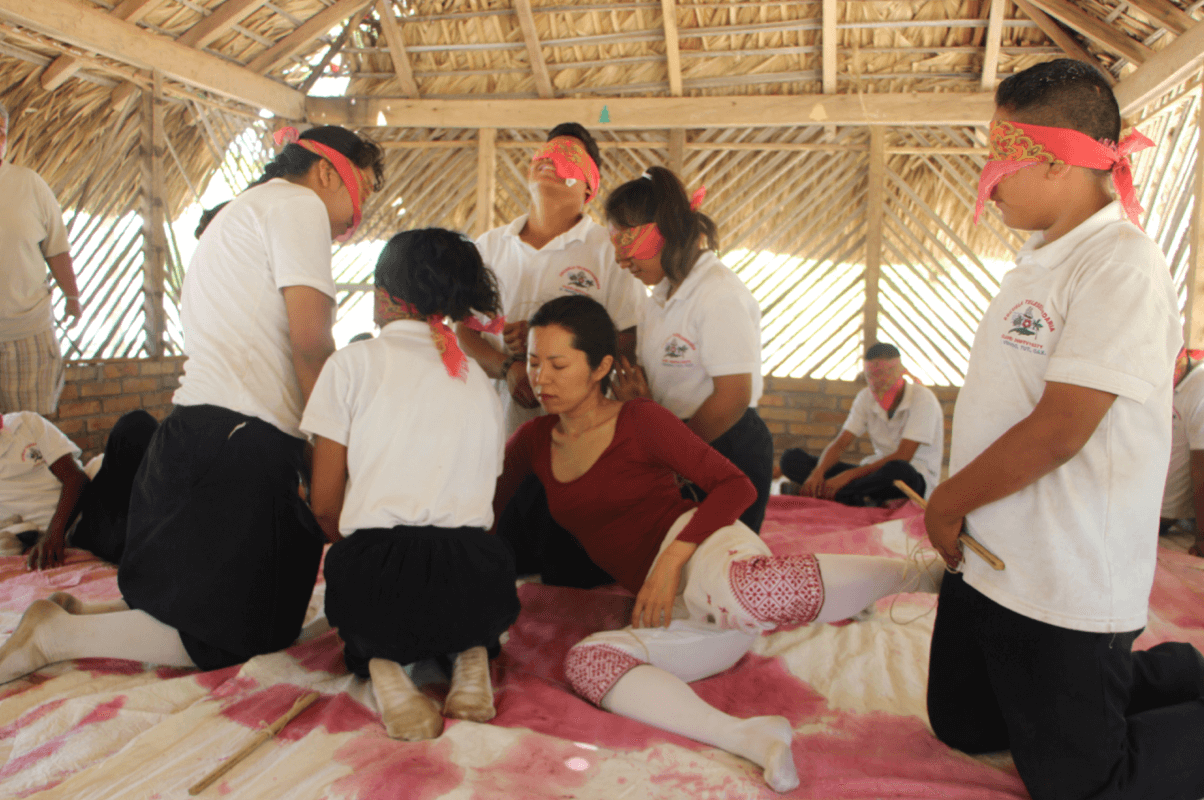
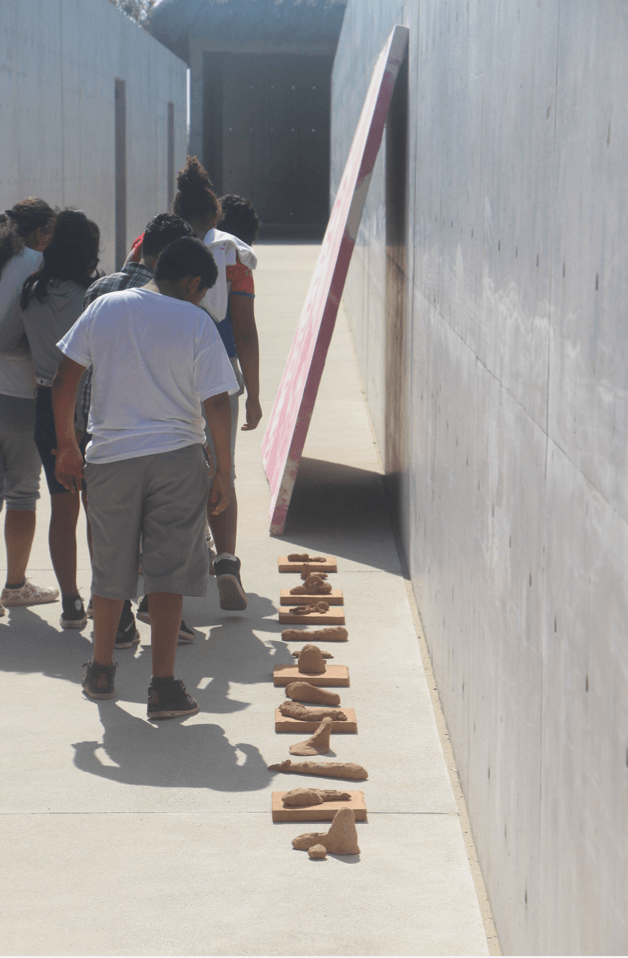
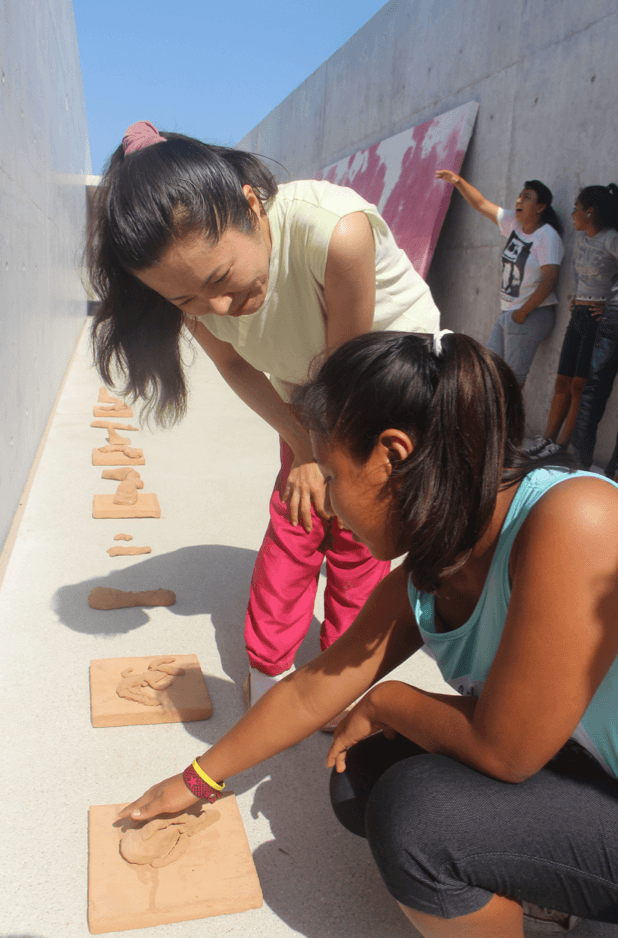
Japan
Tokyo, 1977
Megumi Matsubara’s multidisciplinary work researches the connections between intellectual perception, physical sensitivity, and the transmission of knowledge through what the artist regards as her main medium: space. Weaving together various media including photography, sound, light, text and performances, Matsubara’s practice spans from ephemeral situations to static architecture. These works are inserted into existing environments so as to reconfigure them, achieving an exquisite balance between presence and absence. Each pursuit elicits a distinctive spatial awareness, making it seem as if dreams and mental images are superimposed in a visual realm.
Matsubara’s recent work includes “Un coquelicot,” a photographic installation comprised of numerous portraits of red poppies presented at the 21st DOMANI at the National Art Center, Tokyo, Spring 2019; “Fossil of Contact,” a series of ceramic works commissioned by Aichi Triennale 2016 (Japan); a series of bronze sculptures cast from clay objects formed by blind students in Morocco and Egypt “A proposal for a textbook to learn Braille, English, and other languages,” exhibited at Fonderia Artistica Battaglia Milano (Italy, 2015), La Graineterie Centre d’art municipal (France, 2018), besides Aichi Triennale (Japan) and Marrakech Biennale (Morocco) in 2016; an olfactory installation “Undress” realised upon commission by Institut für Auslandsbeziehungen for Carrefour/Treffpunkt exhibition at ifa-Galerie Stuttgart/Berlin (Germany, 2015).
Likewise, Matsubara’s work presented in the domain of architecture are “House of 33 Years” (Nara, Japan, 2013) and “It Is a Garden” (Nagano, Japan, 2016) among others, through ASSISTANT; interdisciplinary architecture firm co-founded with Hiroi Ariyama in 2002. Since 2012, Megumi Matsubara lives in Fès (Morocco) and Tokyo (Japan).
Matsubara’s recent work includes “Un coquelicot,” a photographic installation comprised of numerous portraits of red poppies presented at the 21st DOMANI at the National Art Center, Tokyo, Spring 2019; “Fossil of Contact,” a series of ceramic works commissioned by Aichi Triennale 2016 (Japan); a series of bronze sculptures cast from clay objects formed by blind students in Morocco and Egypt “A proposal for a textbook to learn Braille, English, and other languages,” exhibited at Fonderia Artistica Battaglia Milano (Italy, 2015), La Graineterie Centre d’art municipal (France, 2018), besides Aichi Triennale (Japan) and Marrakech Biennale (Morocco) in 2016; an olfactory installation “Undress” realised upon commission by Institut für Auslandsbeziehungen for Carrefour/Treffpunkt exhibition at ifa-Galerie Stuttgart/Berlin (Germany, 2015).
Likewise, Matsubara’s work presented in the domain of architecture are “House of 33 Years” (Nara, Japan, 2013) and “It Is a Garden” (Nagano, Japan, 2016) among others, through ASSISTANT; interdisciplinary architecture firm co-founded with Hiroi Ariyama in 2002. Since 2012, Megumi Matsubara lives in Fès (Morocco) and Tokyo (Japan).



